Meiji Yasuda's latest survey, which took the opinions of 1,100 Japanese parents with children under 6 years old, showed that 41.2% of them said they did not want to have more children.
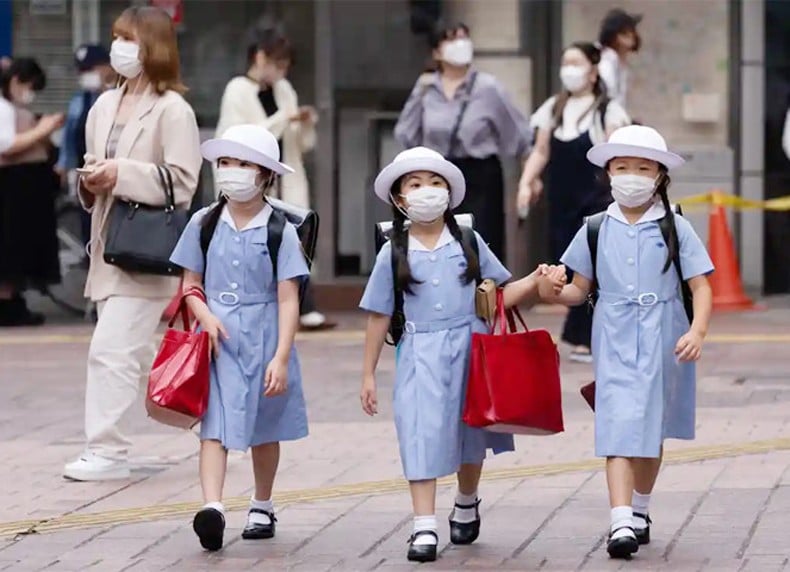 |
| For 16 consecutive years, Japan's population of more than 125 million people has been continuously decreasing. (Source: Mitaco) |
As for the reasons, the majority of those surveyed cited financial worries. Of these, 46.6% said they were “concerned about future income”, while others said they were “concerned about the rising cost of living”. Some said they would stop having children due to “age anxiety”.
In recent years, Japan has tried to encourage people to have more children with promises of bonuses and better benefits, but the cost of raising a child in the country remains among the most expensive in the world .
According to official estimates, last year Japan's birth rate fell below 1.25 per woman, or fewer than 800,000 births a year, for the first time. This happened eight years earlier than the government had predicted.
For 16 consecutive years, Japan's population of more than 125 million has been falling and is expected to drop to 87 million by 2070.
Earlier this year, Japanese Prime Minister Kishida Fumio said urgent steps were needed to address the falling birth rate in Japan, one of the world's oldest societies.
In an effort to reverse the falling birth rate, the Prime Minister has prioritised support for children and their families.
The Japanese government has allocated $35.2 billion from its fiscal 2023 budget for a new agency dedicated to children and their families, Nikkei Asia reported.
Masako Mori, a senior adviser to Mr. Kishida, commented that Japan would “disappear” if it did not take action to curb its slowing birthrate.
The country's birth rate is "not decreasing, it is going downhill," she said.
Source







![[Photo] Da Nang: Hundreds of people join hands to clean up a vital tourist route after storm No. 13](https://vphoto.vietnam.vn/thumb/1200x675/vietnam/resource/IMAGE/2025/11/07/1762491638903_image-3-1353-jpg.webp)
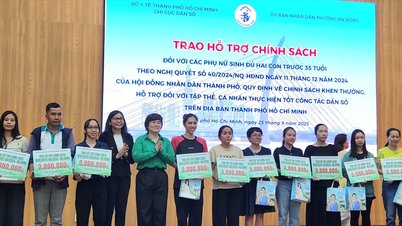

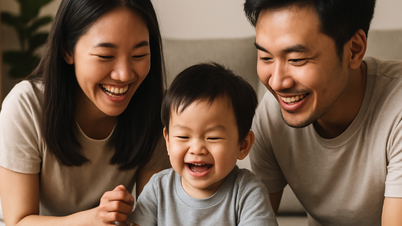

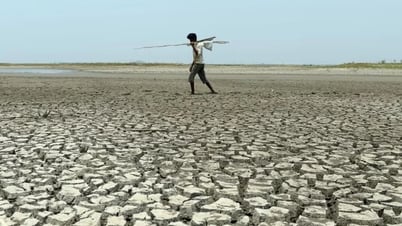

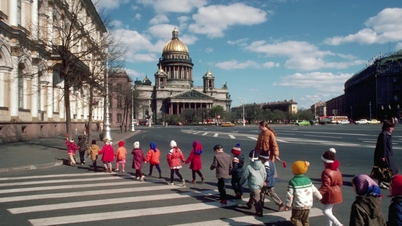


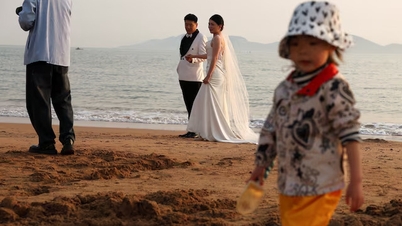












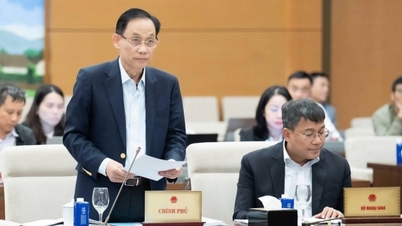

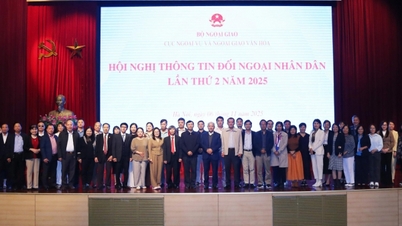

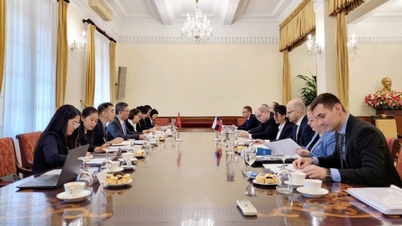























































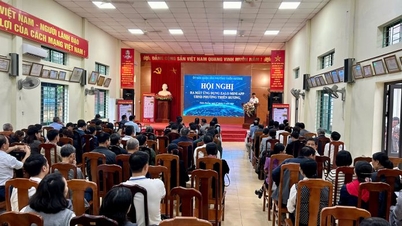





















Comment (0)